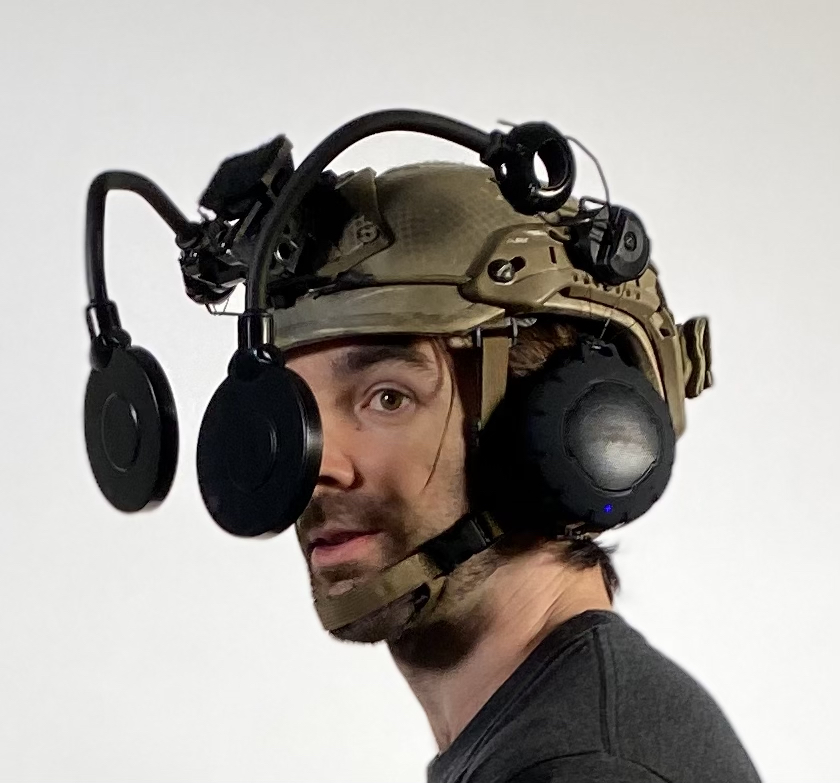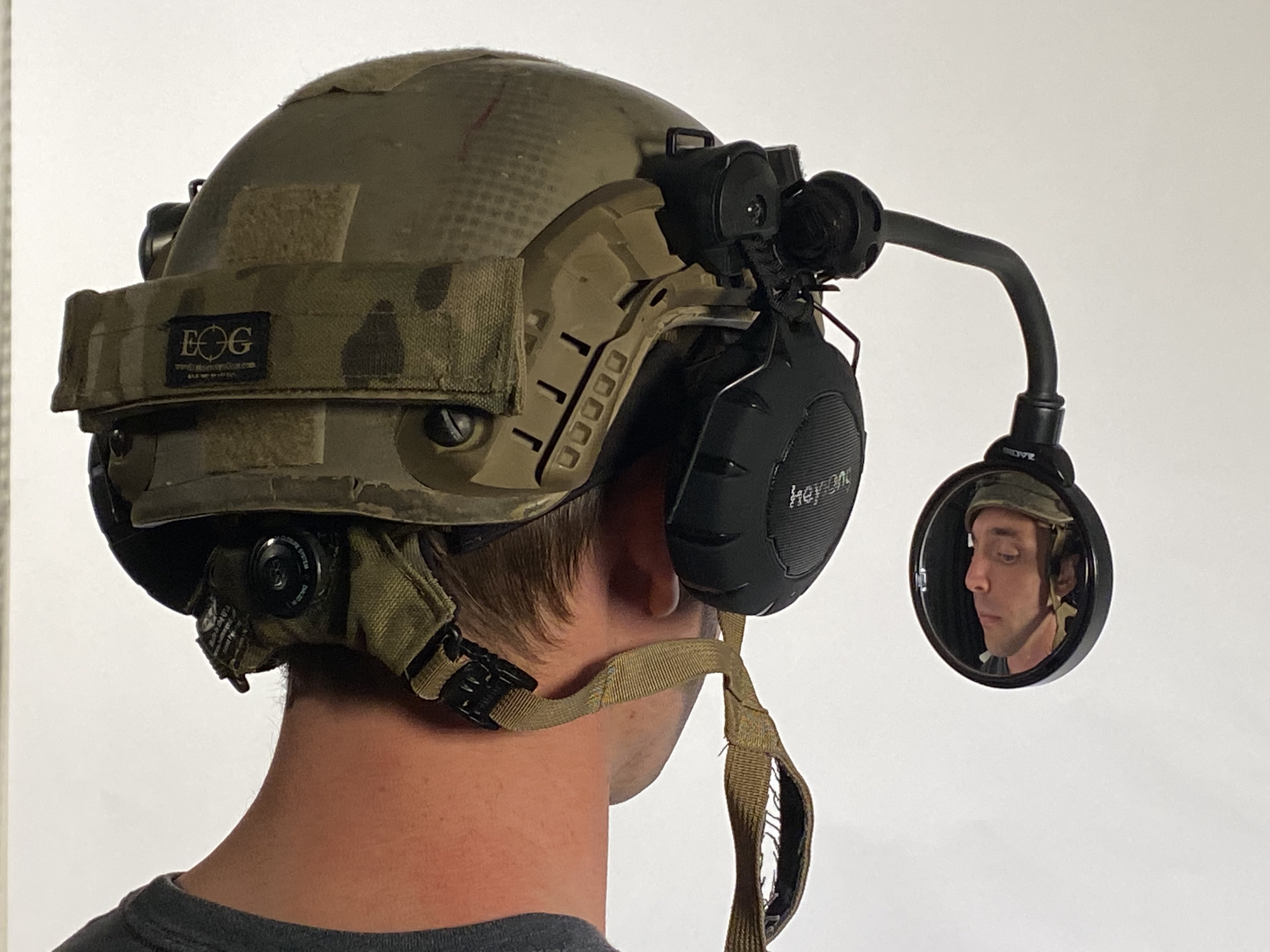Post Helmet
with Anna Mansueti & Maria Gracia San Martin Riutort
Spring–2022
︎ Exhibition
︎ Art
︎ Film
Post Helmet is a cultural prosthetic device, intended to serve student veterans at Harvard University through engendering communal healing, facilitating deep conversation, and forming new connections.
Post Helmet generates a new perspective for the wearers to see themselves, allowing individuals to experience an alternate and restorative way to reflect on their respective pasts, memories, and relationships. Interviewing US Navy, Army, and Marine Corps veterans from Harvard, we guided the conversations with respect to spiritual, pastoral, and psychedelic therapeutic healing modalities. Post Helmet functions also as a bandage— it signals the presence of inner wounds and the need for protection. The interviews, set up as structured conversations, became integral to Post Helmet. The intimacy of these conversations created conditions of vulnerability and openness for the veterans. Wearers are empowered to drop into a particular head space, shedding light on feelings or actions that can be explored later with a newfound sense of awareness. Through these interviews, it became clear that Post Helmet encapsulated nuanced function and meaning. We discovered that this encounter was the first time each veteran had worn a military helmet since leaving active duty service.
This Ops-Core ballistic helmet retains its basic function: to protect wearers in combat environments. As veterans transition from military to civilian life, new environments pose new challenges. This unfamiliar territory will undoubtedly differ and vary, yet is often characterized by feeling estranged, disconnected, lonely, and misunderstood. It’s here where Post Helmet becomes a therapeutic device– by creating space for processing a wide range of military experiences and initiating conversation through recognition.
Post Helmet was advised by Krzysztof Wodiczko for VIS-2483: Interrogative Design: Cultural Prosthetics at Harvard Graduate School of Design, Spring 2022. The project was also exhibited at Kirkland Gallery for the show Interrogative Design, May 2022.
Post Helmet generates a new perspective for the wearers to see themselves, allowing individuals to experience an alternate and restorative way to reflect on their respective pasts, memories, and relationships. Interviewing US Navy, Army, and Marine Corps veterans from Harvard, we guided the conversations with respect to spiritual, pastoral, and psychedelic therapeutic healing modalities. Post Helmet functions also as a bandage— it signals the presence of inner wounds and the need for protection. The interviews, set up as structured conversations, became integral to Post Helmet. The intimacy of these conversations created conditions of vulnerability and openness for the veterans. Wearers are empowered to drop into a particular head space, shedding light on feelings or actions that can be explored later with a newfound sense of awareness. Through these interviews, it became clear that Post Helmet encapsulated nuanced function and meaning. We discovered that this encounter was the first time each veteran had worn a military helmet since leaving active duty service.
This Ops-Core ballistic helmet retains its basic function: to protect wearers in combat environments. As veterans transition from military to civilian life, new environments pose new challenges. This unfamiliar territory will undoubtedly differ and vary, yet is often characterized by feeling estranged, disconnected, lonely, and misunderstood. It’s here where Post Helmet becomes a therapeutic device– by creating space for processing a wide range of military experiences and initiating conversation through recognition.
Post Helmet was advised by Krzysztof Wodiczko for VIS-2483: Interrogative Design: Cultural Prosthetics at Harvard Graduate School of Design, Spring 2022. The project was also exhibited at Kirkland Gallery for the show Interrogative Design, May 2022.

